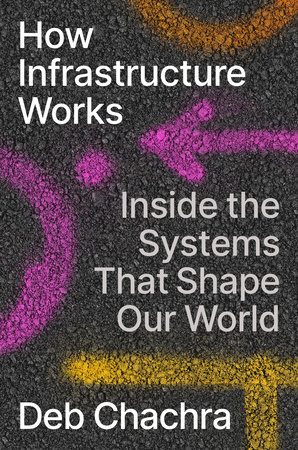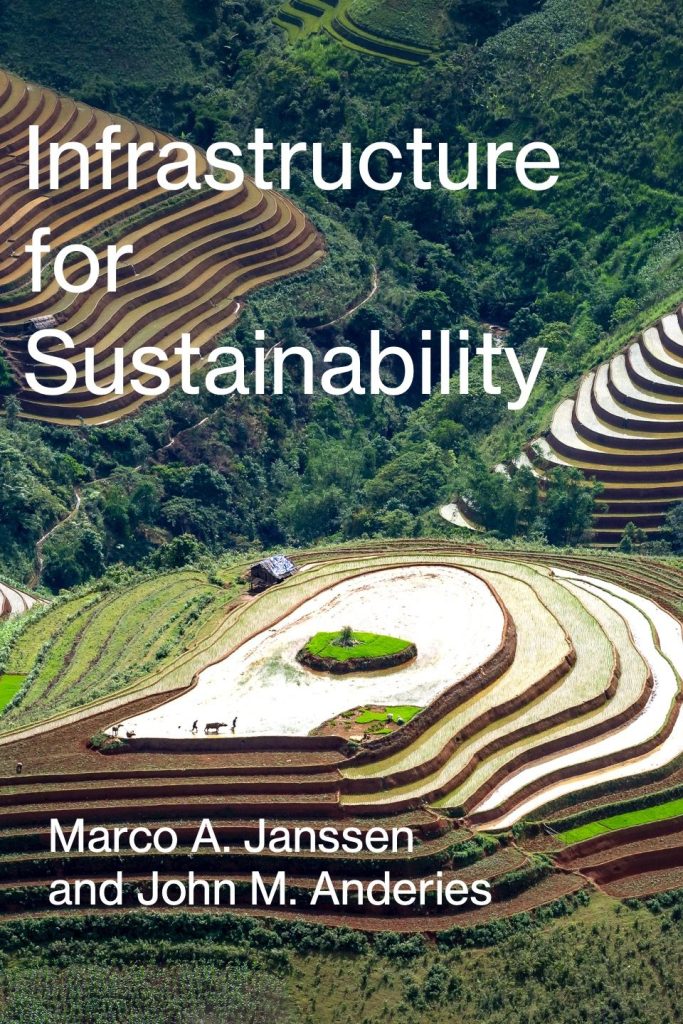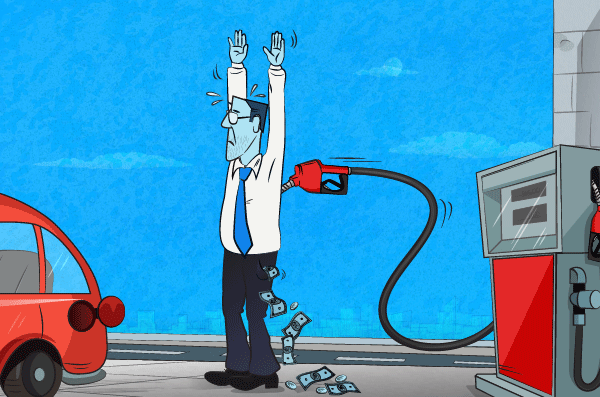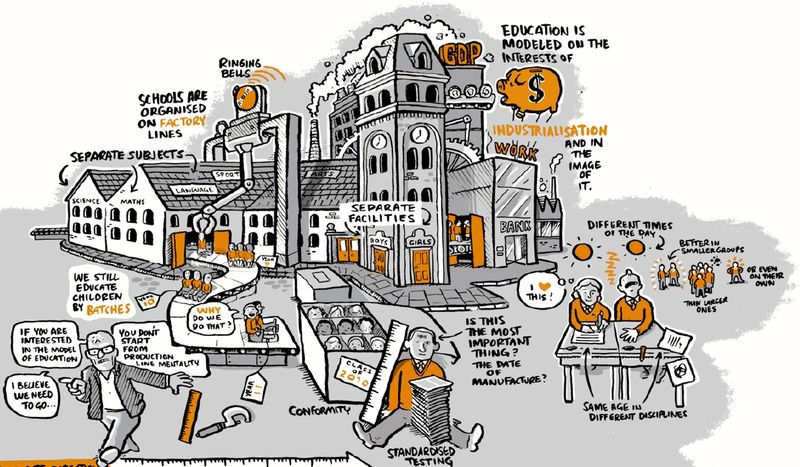Industrially Processed Edible Stuff

Ultra-Processed People by Chris van Tulleken is a fascinating book discussing how the food industry creates edible stuff we get addicted to, leading to various implications for human and planetary health. If we had the choice, we would likely prefer to eat food that is produced with minimally processed (e.g. ‘natural’) ingredients without ultra processed […]
How infrastructure works

How Infrastructure works Just finished the insightful and very readable book on infrastructure by Deb Chachra, an engineering professor at Olin College of Engineering. Writing an enjoyable book on traditional infrastructure for a general audience is a daunting task. Dr. Chachra is able to do this by connecting the many invisible affordances infrastructure provides to […]
Our Textbook is Out

Our open-access textbook on Coupled Infrastructure Systems is now available here. The book is a continuation of Sustaining the Commons but now with a focus on Coupled Infrastructure Systems. The book can be accessed in different ways (pdf, epub) but also as a website where you can add annotations to the text for yourselves or […]
On smelly infrastructure

Human waste is both a valuable resource, e.g. fertilizer, and a pollutant e.g. spreading diseases. A recent fascinating book by Lina Zeldovich, discusses the history and current development of human waste infrastructure. Hunter-gatherers had a natural disgust for human waste, did not like the smell, did their necessities outside the campsite, covered it, and moved around […]
The crippling costs of efficiency

There might be various contributing factors to the current high inflation and labor shortages such as the disruptive pandemic, stimulus money increasing demand, and the war in the Ukraine. A key systemic problem explaining the current situation is the loss of resiliency of economies with their focus on the efficiency of global supply chains. As […]
Is trust a public or private good? – and why this matters

Trust has become a hot topic of late. With increasing polarization in political parties and decreasing trust in government, many are becoming more concerned about the corrosive effect of this loss of trust on our capacity to effectively govern. This loss of governance capacity has at least 2 potential effects: large societies may become unstable […]
Renting the American Dream

Homeownership has long been seen as an essential feature of the American Dream, in which equality of opportunity is available to any American. The current housing crisis is long in the making and illustrates how external events expose the fragility of the American Dream. The 2008 housing bubble caused a pause in construction, a buying […]
Work and human development – a clash of institutions?

A popular saying is “it takes a village to raise a child”. While certainly true, raising a child this way is difficult to scale up. As a result, in modern times, we have created a formal educational system that serves an industrial economic model of a standard 9-to-5 work day for adults that does […]
Making the provision of highways more participatory

Highways are an iconic example of infrastructure. There are also a lot of complaints about the capacity (causing traffic jams) and quality (e.g. pot holes) of highways and other road types. An article where we analyzed highways as a coupled infrastructure system was just published in the journal Sustainable and Resilient Infrastructure. What did we […]
The Market as a Commons

A key problem in the study of environmental issues is the ‘problem of the commons’. This is a bit of a misnomer. What the ‘problem of the commons’ actually refers to is the assumption that ‘owned in common’ actually means ‘owned by none’. When no one owns a resource, it is easy to show how […]